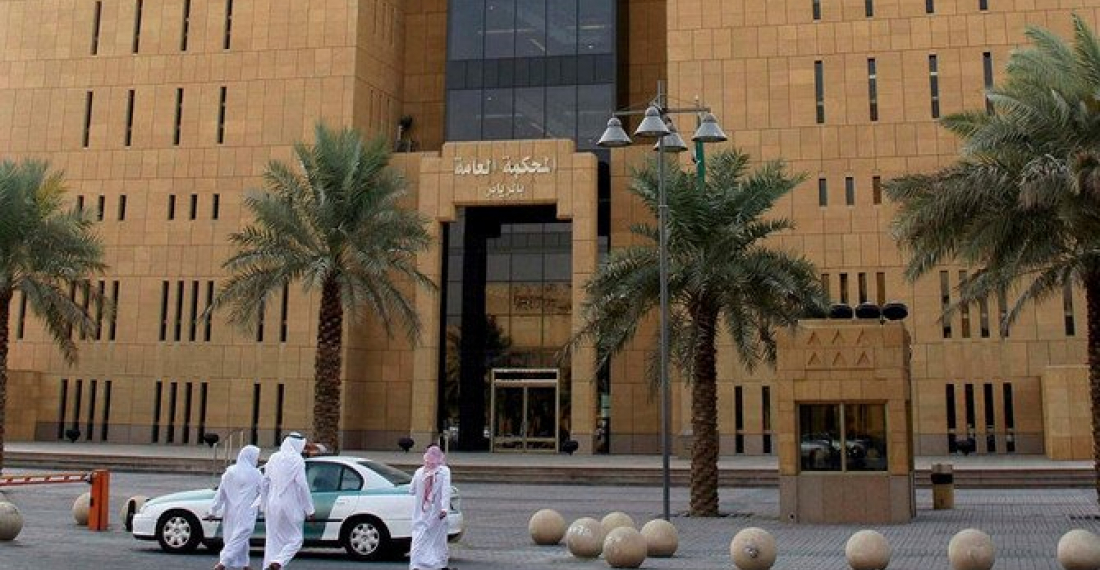Saudi Arabia will “soon” be appointing women as court judges, according to a senior official
Hind al-Zahid, undersecretary for women’s empowerment at the Ministry of Human Resources and Social Development, said a “Saudi woman assuming a position of judge is very soon. There are initiatives on several levels.”
In an interview with Al-Arabiya, Al-Zahid reiterated the Kingdom’s eagerness to pursue women empowerment, particularly in allowing women to participate in diverse fields. She pointed out international markers that have proven Saudi Arabia’s progress on women’s rights, particularly noting Saudi women’s participation in the Kingdom’s labor market has exceeded expectations.
"Their participation rate today has reached 31 percent, and this is a very big progress. As for the civil service sectors, the Saudi women's participation rate has increased from 39 percent to 41 percent, and most of them are in the education and health sectors in addition to other sectors,” al-Zahid said.
Saudi Arabia has in the last years embarked on an ambitious programme of reform and development which also envisages women playing an active role in society and the economy as part of Vision 2030.
source: commonspace.eu with Al Arabiya (Riyadh) and Arab News (Jeddah)
photo: A Courthouse in Saudi Arabia (archive picture)







